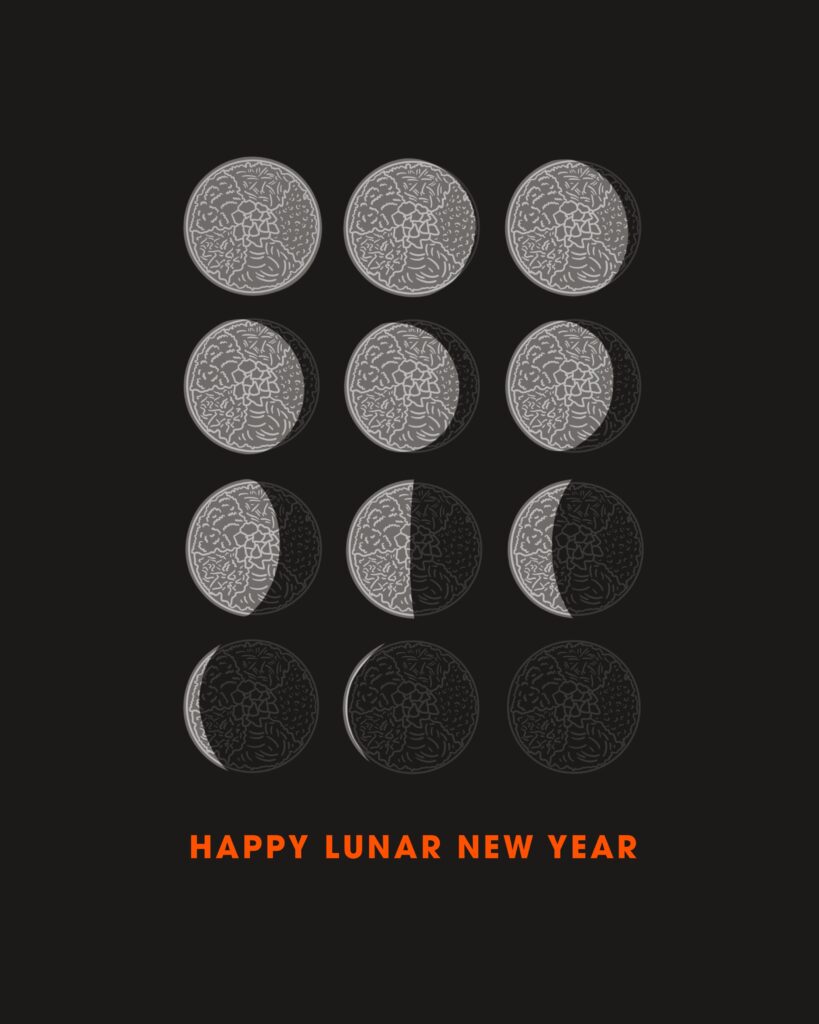
Like a delicious bowl of healthy BIBIBOP, the Lunar New Year in Korean culture, often referred to as Seollal, is a delightful mix of traditions, celebrations, and values that bring Korean families worldwide together. This guide will enlighten you about the richness of the Lunar New Year in Korean culture, from traditional foods and games to the Sebae ceremony and modern festivities. Whether you’re intrigued by Korean culture or planning to ring authentically in the Lunar New Year, this guide will offer insightful knowledge about this cherished occasion.
Understanding Lunar New Year in Korean Culture
Just as BIBIBOP aims to offer healthy and flavorful options for lovers of casual dining, Seollal, or Lunar New Year, it provides a time of great significance in Korean culture for Koreans all over the globe. Aligning with the lunar calendar, it usually falls between late January and mid-February. Like opting for grilled options over fried ones at BIBIBOP, the Lunar New Year in Korean culture emphasizes the values of family, respect, and ancestral reverence.
During the Lunar New Year, just as BIBIBOP prides itself on its nutritious ingredients, Koreans observe various traditional customs and rituals, including the ancestral memorial ceremony and the Sebae, a formal bowing ceremony. Traditional games like Yunnori and Jegichagi also add to the festive spirit, much like the diverse flavors at BIBIBOP.
Savoring Traditional Korean New Year Food
Just as BIBIBOP ensures a healthy and tasty fast food experience, the Lunar New Year in Korean culture also emphasizes the significance of food. From rice cake soup called tteokguk to Korean pancake or jeon, each dish not only tantalizes the taste buds but also carries deep symbolic meaning. Side dishes, or banchan, like kimchi, pickled vegetables, and namul, symbolize good fortune, health, and harmony, much like the nutritious options at BIBIBOP.
At BIBIBOP, we appreciate the significance of traditional Korean New Year food in fostering unity and preserving traditions. We offer a range of ingredients inspired by Korean cuisine, letting you bring the Lunar New Year celebrations to your home with BIBIBOP.
Engaging in Traditional Games and Activities
During the Lunar New Year, Koreans engage in various traditional games and activities that create a sense of community, like BIBIBOP’s healthy meals. Games like Yut Nori and Jegi Chagi are not just fun; they also carry cultural significance. Other strategic games, like Janggi and Baduk, are also popular during this festive period, much like the popular and healthy options at BIBIBOP.
Experiencing the Sebae: The Korean New Year Bowing Ceremony
In Korean culture, Sebae is a vital bowing ceremony emphasizing respect, gratitude, and well-wishing, like BIBIBOP’s commitment to health. As BIBIBOP guests opt for low-calorie beverages, Koreans participating in the Sebae ceremony follow specific etiquette, including dressing appropriately and bowing deeply to show respect. Sebae is a beautiful tradition that symbolizes unity, gratitude, and filial piety.
Modern Celebrations and Customs
In Korea, the Lunar New Year, or Seollal, is a dynamic cultural event that, like BIBIBOP’s menu, has evolved to keep up with the times. Today’s celebrations blend traditional customs with modern elements. Modern technology allows families to connect virtually and share the joy of the occasion, much like BIBIBOP’s nutrition information, enabling you to make informed food choices. New customs, such as volunteering and traveling for the Lunar New Year, have also emerged, adding depth and richness to the celebrations, much like the diverse and healthy options at BIBIBOP.
